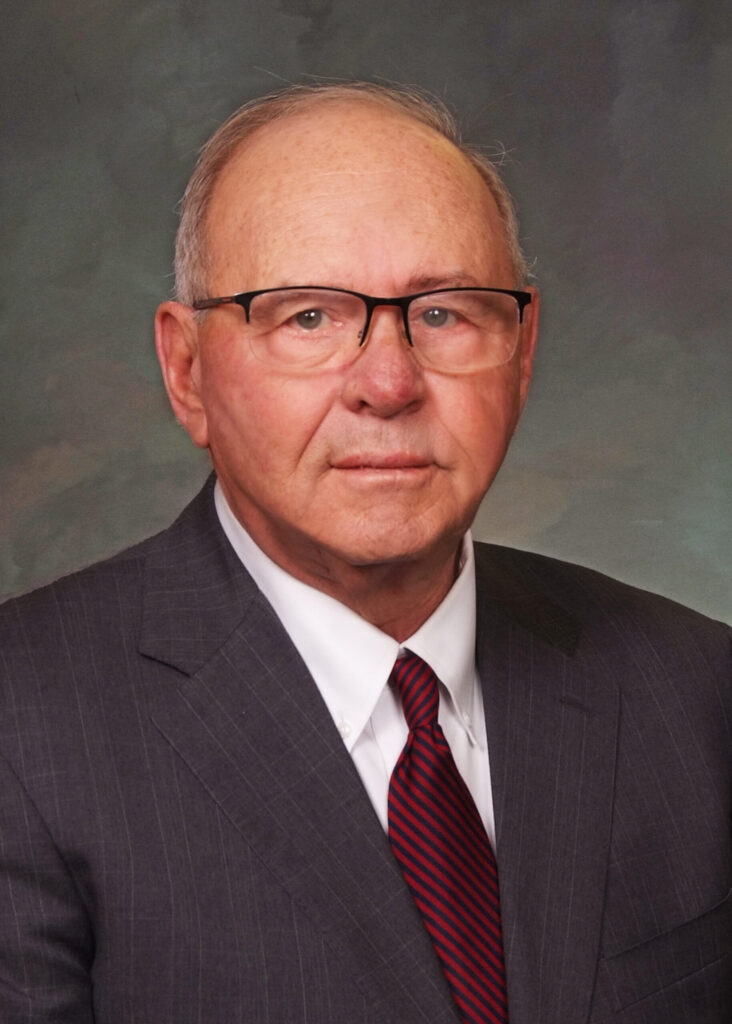‘Take It Down Act’ combats Colorado’s teen mental health crisis | OPINION
The recent signing of the Take It Down Act into law represents a critical step forward in addressing a troubling contributor to Colorado’s youth mental health crisis. As our state continues to grapple with high rates of teen depression and suicide, this bipartisan legislation co-sponsored by our own U.S. Sen. John Hickenlooper delivers much-needed protection against a rapidly emerging threat: AI-generated “deepfake” pornography and non-consensual intimate imagery.
The statistics paint a sobering picture of youth mental health in our state. In 2020, Colorado’s teen suicide rate remained at a historically high level — 21.6 suicides per 100,000 teens aged 15 to 19, representing 83 young lives lost. For Colorado youth between ages 10 and 18, suicide has been the leading cause of death in recent years. Between 2017 and 2021, the rate of poor mental health among Colorado adolescents doubled from 8.8% to 18.5%.
Recent data from the 2023 Healthy Kids Colorado Survey offers a small bright spot: a 14-point drop in high schoolers reporting persistent feelings of sadness or hopelessness since 2021. But that progress is fragile, and our kids remain vulnerable. New polling from Healthier Colorado shows 90% of Colorado voters believe there is a growing mental health crisis among children and youth, with the share who strongly agree rising from 50% to 62% since December 2023.
As our teenagers grow up in an increasingly complex digital world, they face threats previous generations never had to deal with. Among the most insidious is the rise of AI-generated deepfake pornography — realistic but fake imagery depicting real people in sexually explicit scenarios.
Recent research reveals the shocking prevalence of this problem: 31% of teens are already familiar with deepfake nudes, and one in eight personally knows someone who has been targeted. Even more alarming, one in 17 teens reports having been victims themselves, with deepfake nudes created of them without consent.
Stay up to speed: Sign up for daily opinion in your inbox Monday-Friday
These aren’t just uncomfortable moments online — they’re potentially devastating attacks on young people’s mental well-being. Victims of such exploitation experience serious psychological consequences including guilt, paranoia, depression and, in some cases, suicidal ideation. Many suffer deterioration in personal relationships and profound feelings of isolation. According to FBI estimates, at least 20 young people have taken their lives after experiencing sextortion since 2021.
Colorado is no exception. Just last year, an 18-year-old in Aurora was arrested for running a sextortion ring that targeted minors — including through the use of AI-generated deepfake nudes. In fact, the rise of sextortion in Colorado has prompted local law enforcement and state officials, including the Colorado Springs Police Department and Attorney General Phil Weiser, to issue public warnings.
This is exactly why the Take It Down Act, signed into law by President Donald Trump in May, represents such important progress. The legislation criminalizes the publication of non-consensual intimate imagery, including AI-generated deepfakes, and requires social media platforms to remove such content within 48 hours of receiving notice.
Sen. Hickenlooper helped reintroduce this bill in January 2025 and championed its passage through the Senate earlier this year. If we’re going to make a difference in this youth mental health crisis, we need more leadership like Hickenlooper’s that demonstrates an understanding of how technology policy directly affects the well-being of Colorado’s young people.
This legislation arrives as Colorado joins 38 other states that have made it illegal to use AI to create child pornography. In June, Gov. Jared Polis signed SB25-288 into law, expanding the state’s laws regarding the posting of intimate images to include AI-generated images and material.
The Take It Down Act comes at a critical moment for Colorado families. Though we’ve made some progress in addressing youth mental health, digital exploitation represents a rapidly evolving threat that demands federal action. As Colorado continues addressing its youth mental health crisis, we need comprehensive approaches that combine state-level resources with strong federal protections like the Take It Down Act.
The overwhelming bipartisan support for the bill — passing the House with a 409–2 vote — proves protecting our children from digital exploitation isn’t a partisan issue. It’s a recognition the mental health of the next generation transcends political divisions.
Sen. Hickenlooper’s work on this legislation demonstrates the kind of practical problem-solving Colorado needs. By focusing on concrete solutions that address real threats to our children’s well-being, he’s shown how effective representation can make a difference in Coloradans’ lives.
The Take It Down Act won’t solve all of Colorado’s youth mental health challenges, but it provides crucial protection against a growing threat. As we continue this important work, we should support leaders who recognize our children’s mental health requires both innovation and common-sense guardrails in an increasingly complex digital world.
Jake Williams is chief executive of Healthier Colorado, a nonpartisan, nonprofit organization dedicated to raising the voices of Coloradans in the public policy process to improve the health of our state’s residents.
Colorado Politics Must-Reads:












